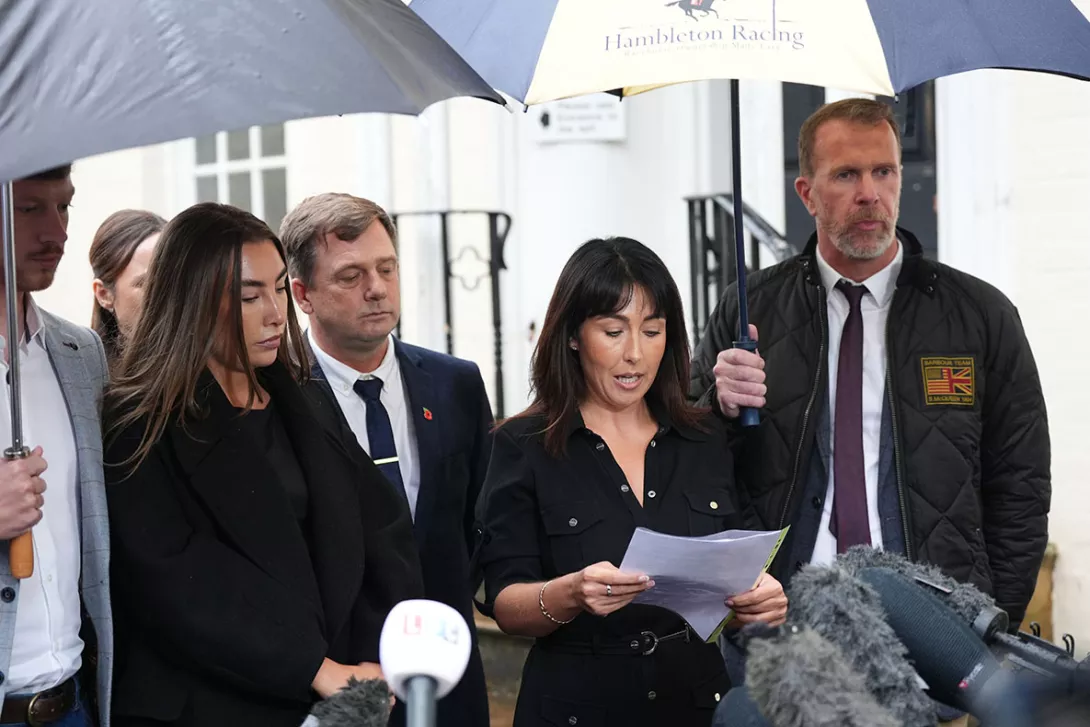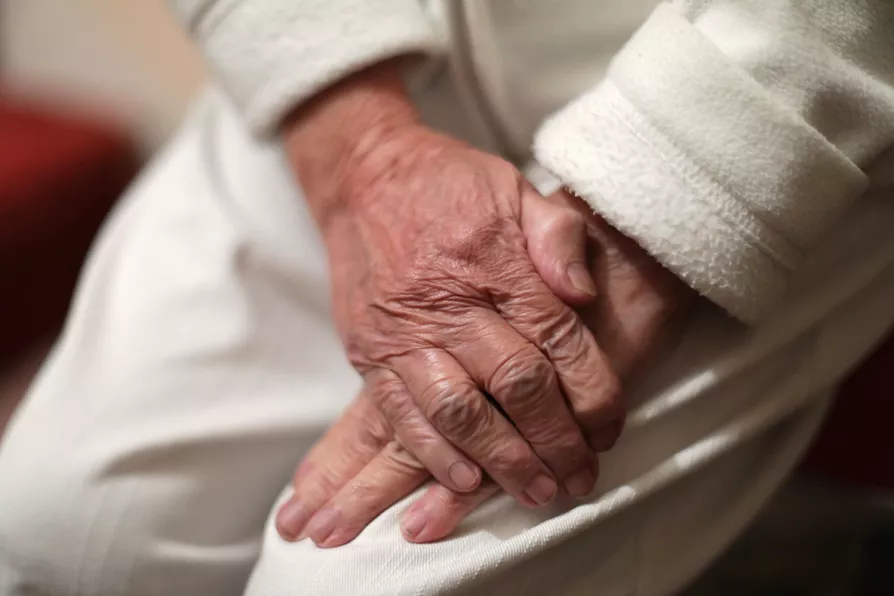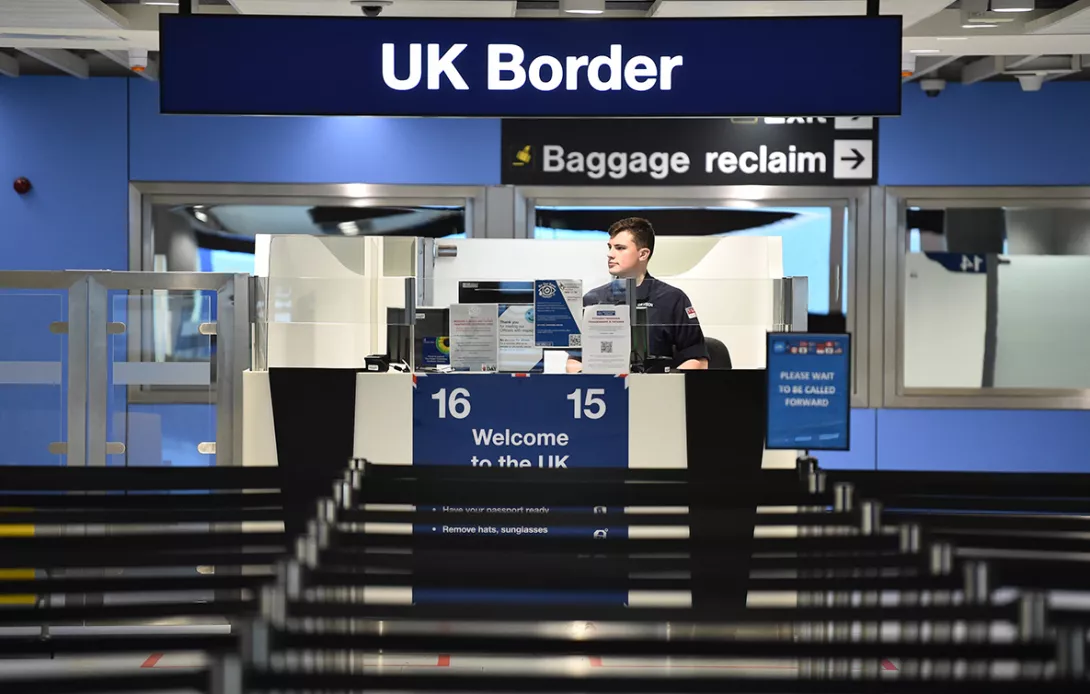Increase in health care visas show care sector can't function without migrant workforce, Unison warns

THE care sector cannot function without a migrant workforce, Unison warned today after figures showed the number of people coming to Britain on a health and care visa is more than five times higher than when the route was introduced three years ago.
Taking into account dependants, the figure for 2023 rose to a total of 349,929 from 146,477 successful applications.
This is up from 157,636 in 2022 and 63,291 in 2021, the Home Office figures said.
More from this author

Campaigners slam the Chancellor after Britain’s four biggest banks made a record £45.9bn in profits for 2024
Similar stories
















